 Bangla Press Desk: Marketed by the now-ousted Awami League as a bold promise to bring “city facilities to every village,” the “My Village, My Town” scheme has unravelled into one of the clearest examples of the party’s overreach and misplaced priorities. Once pitched as a Tk800 crore game-changer for rural life, the initiative has been stripped back, rebranded as the Model Village Development Project, and reduced to just 15 pilot villages.
What was hailed as visionary planning now looks increasingly like a political slogan – underfunded, underdelivered, and out of sync with real rural needs.
The original plan envisioned sweeping upgrades – modern transport and sanitation systems, waste management, housing, growth centres, cultural and sports complexes, even e-commerce supply chains. But most of these elements are now abandoned after the budget was cut to Tk225 crore, or Tk15 crore per pilot village.
The Planning Commission has ordered only basic works to proceed, shelving housing estates, overseas training, and large-scale complexes.
Bangla Press Desk: Marketed by the now-ousted Awami League as a bold promise to bring “city facilities to every village,” the “My Village, My Town” scheme has unravelled into one of the clearest examples of the party’s overreach and misplaced priorities. Once pitched as a Tk800 crore game-changer for rural life, the initiative has been stripped back, rebranded as the Model Village Development Project, and reduced to just 15 pilot villages.
What was hailed as visionary planning now looks increasingly like a political slogan – underfunded, underdelivered, and out of sync with real rural needs.
The original plan envisioned sweeping upgrades – modern transport and sanitation systems, waste management, housing, growth centres, cultural and sports complexes, even e-commerce supply chains. But most of these elements are now abandoned after the budget was cut to Tk225 crore, or Tk15 crore per pilot village.
The Planning Commission has ordered only basic works to proceed, shelving housing estates, overseas training, and large-scale complexes.
My Village, My Town: Big promises, small delivery
Banglapress
Published: 23 September 2025, 10:26 AM
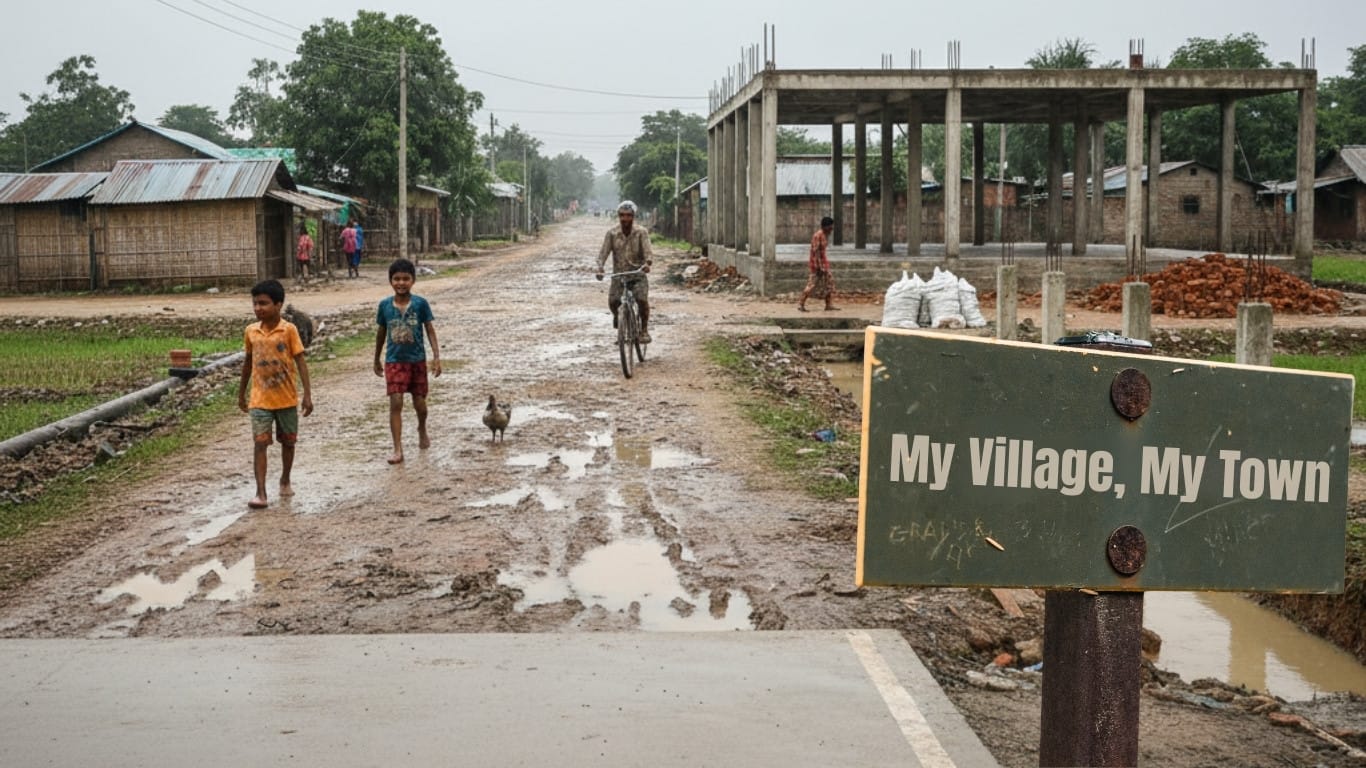
 Bangla Press Desk: Marketed by the now-ousted Awami League as a bold promise to bring “city facilities to every village,” the “My Village, My Town” scheme has unravelled into one of the clearest examples of the party’s overreach and misplaced priorities. Once pitched as a Tk800 crore game-changer for rural life, the initiative has been stripped back, rebranded as the Model Village Development Project, and reduced to just 15 pilot villages.
What was hailed as visionary planning now looks increasingly like a political slogan – underfunded, underdelivered, and out of sync with real rural needs.
The original plan envisioned sweeping upgrades – modern transport and sanitation systems, waste management, housing, growth centres, cultural and sports complexes, even e-commerce supply chains. But most of these elements are now abandoned after the budget was cut to Tk225 crore, or Tk15 crore per pilot village.
The Planning Commission has ordered only basic works to proceed, shelving housing estates, overseas training, and large-scale complexes.
Bangla Press Desk: Marketed by the now-ousted Awami League as a bold promise to bring “city facilities to every village,” the “My Village, My Town” scheme has unravelled into one of the clearest examples of the party’s overreach and misplaced priorities. Once pitched as a Tk800 crore game-changer for rural life, the initiative has been stripped back, rebranded as the Model Village Development Project, and reduced to just 15 pilot villages.
What was hailed as visionary planning now looks increasingly like a political slogan – underfunded, underdelivered, and out of sync with real rural needs.
The original plan envisioned sweeping upgrades – modern transport and sanitation systems, waste management, housing, growth centres, cultural and sports complexes, even e-commerce supply chains. But most of these elements are now abandoned after the budget was cut to Tk225 crore, or Tk15 crore per pilot village.
The Planning Commission has ordered only basic works to proceed, shelving housing estates, overseas training, and large-scale complexes.
[Bangla Press is a global platform for free thought. It provides impartial news, analysis, and commentary for independent-minded individuals. Our goal is to bring about positive change, which is more important today than ever before.]
YOU MAY ALSO LIKE

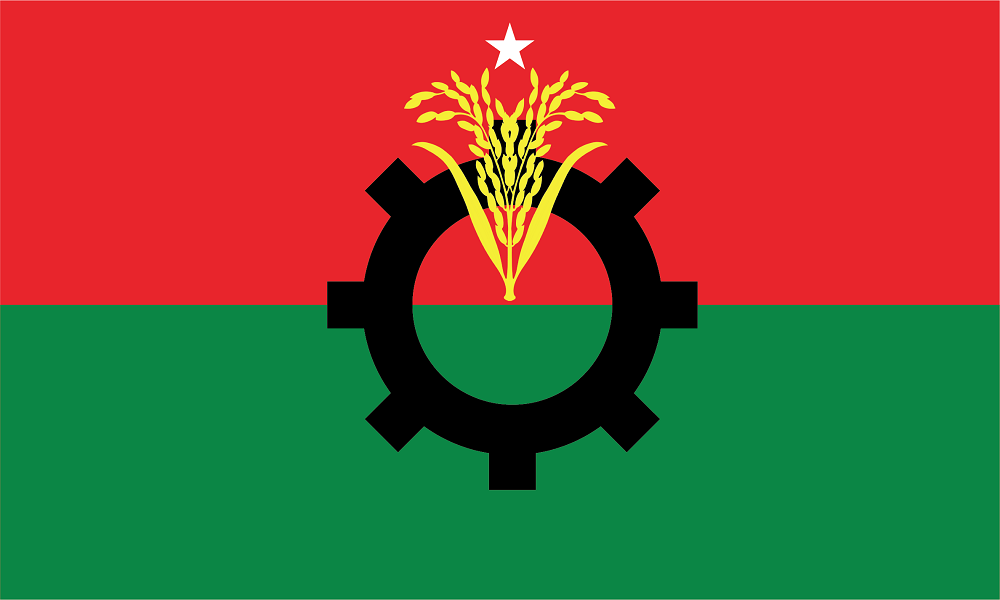
Bangladesh
BNP to donate Tk1 lakh to families of each Mirpur fire victim
8 hours ago
by Bangla Press
.jpg)
Bangladesh
Court orders publication of newspaper notice summoning Hasina, 261 others
15 hours ago
by Bangla Press
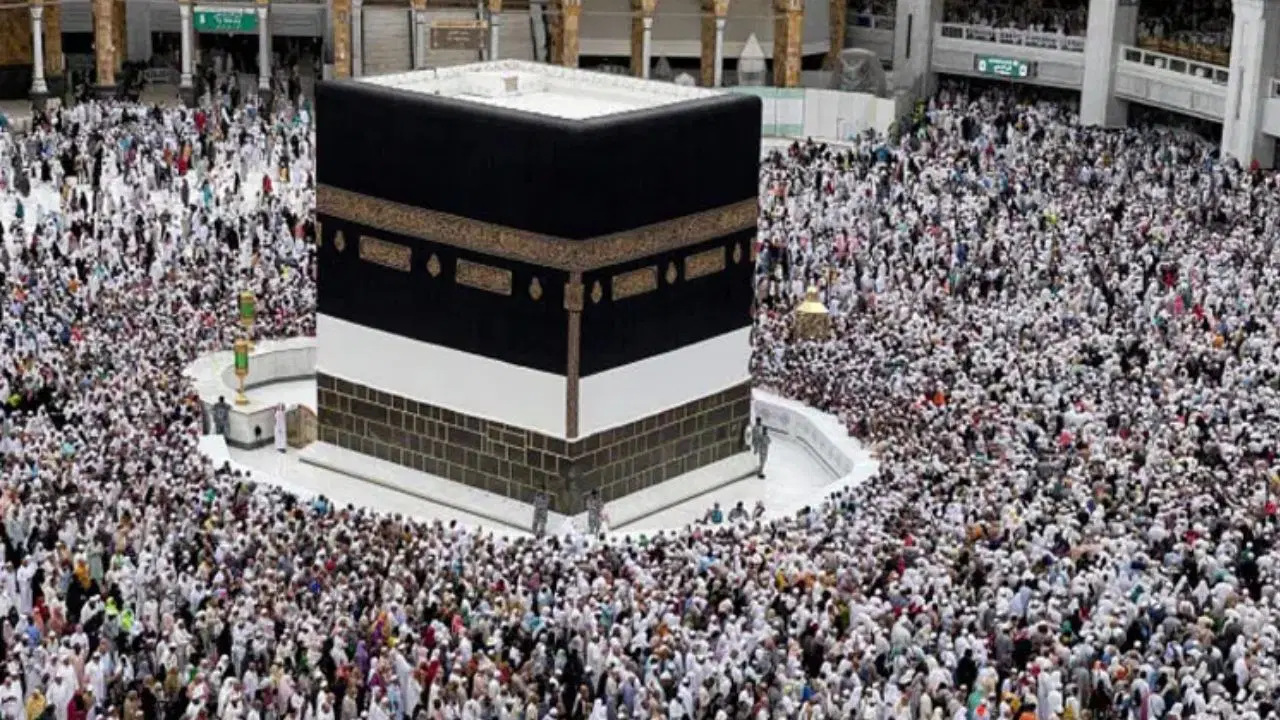
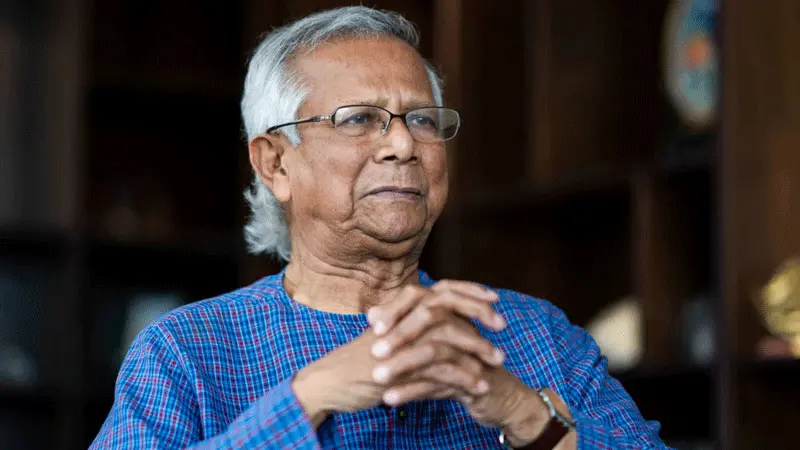
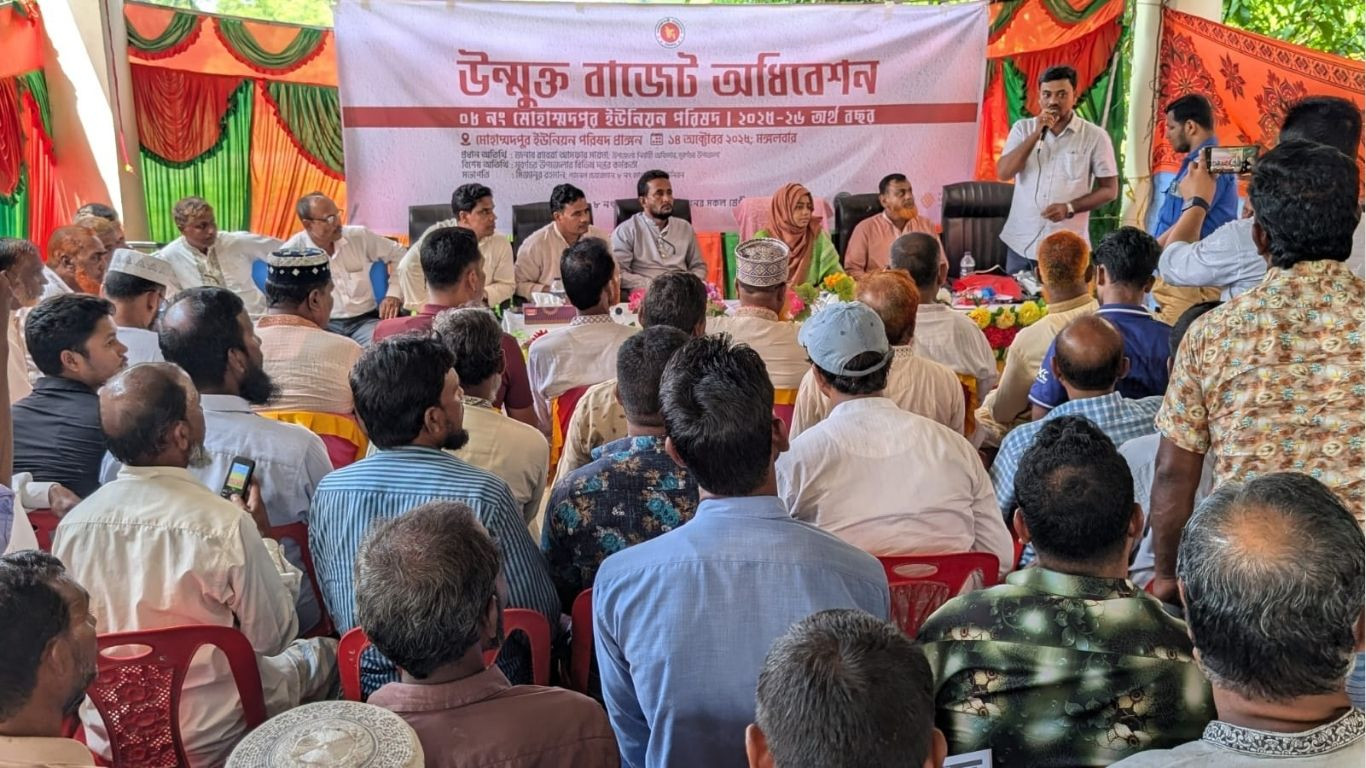
Bangladesh
Tk5.68cr budget announced at open budget session in Noakhali
23 hours ago
by Bangla Press
